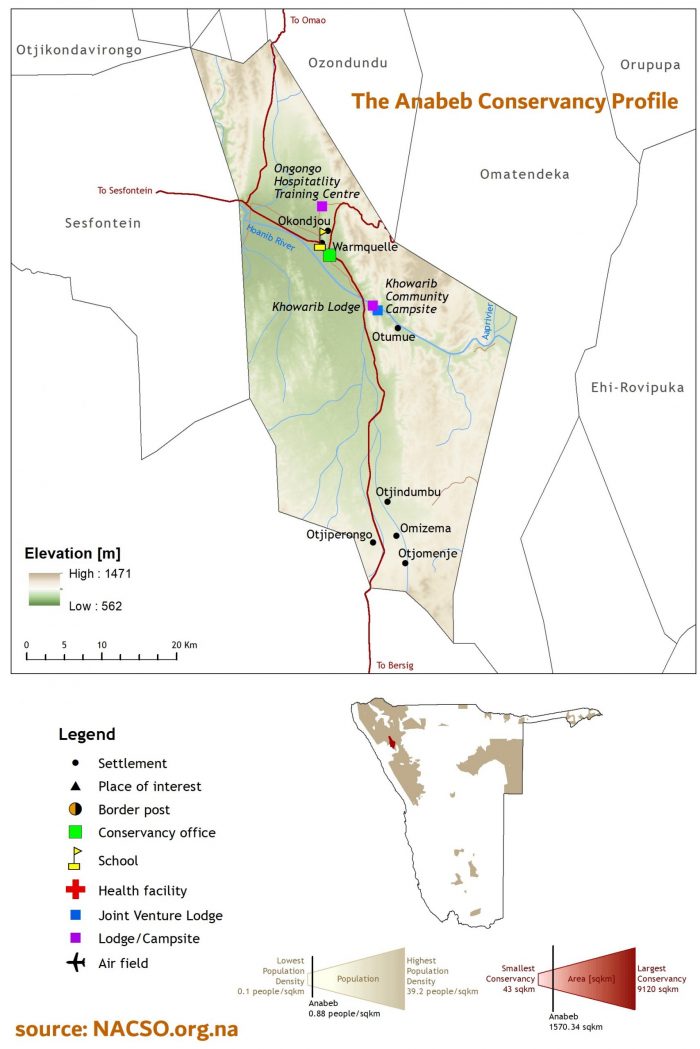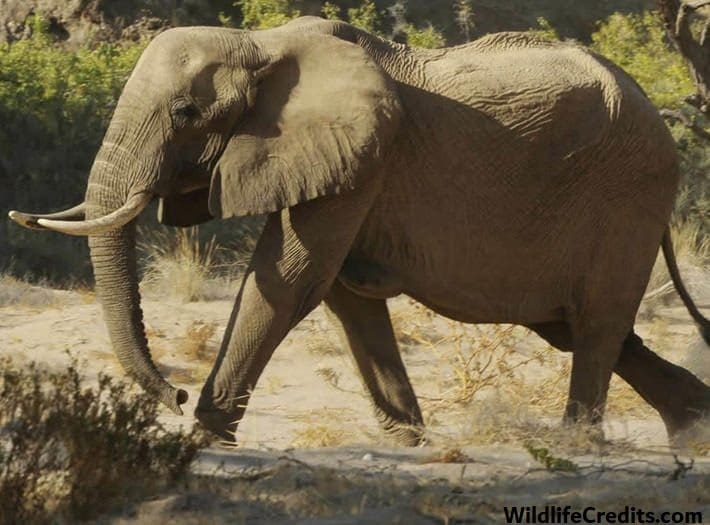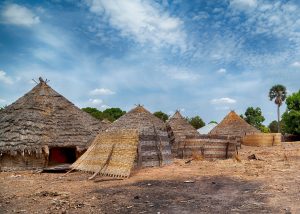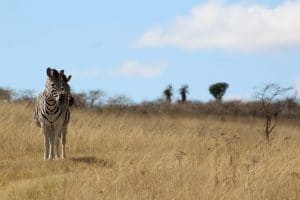
CBNRM and a Namibian rural community’s historic choice of wildlife over cattle
Published in The Chronicle, Zimbabwe on October 16, 2020, this article by Johannesburg-based journalist, Emmanuel Koro is a success story about CBNRM in action as Namibia’s Anabeb community’s choice to switch from cattle production to wildlife hunting has uplifted lives and restored natural resources of the ecosystem.
Writes Koro:
“If you want to be number one enemy for African rural communities, tell them to stop using their land for cattle production.
Cattle are considered a status symbol in Africa. A family’s wealth or status is generally measured by how big a herd of cattle it owns. Despite this, the Namibian wildlife recently ‘told’ Namibia’s Anabeb Conservancy residents to switch from using their land for cattle production in favour of wildlife hunting. They all agreed. Why?”

The article goes on: “The comparatively more attractive benefits that the Anabeb Conservancy’s 200 households have been receiving from hunting over the years made it decide in 2019, to completely abandon a centuries-old African culture of using land to produce cattle. Today, wildlife roams freely where herds of cattle used to graze. It’s a rare cultural transformation brought by the extraordinary and life-changing wildlife hunting benefits. “For Anabeb Conservancy members, wildlife hunting brings more money and makes more economic and conservation sense than cattle. Cattle need more water and grazing land than wildlife. The wildlife land-use option also reduces human wildlife conflict, as there are no wildlife revenge-killings for killing their cattle.“If you sell one cow you get US$125 (N$2 000) and a kudu fetches US$935 (N$15 000) or more depending on size,” said Anabeb Conservancy Chairman, Mr Ovehi Kasaona in an interview this week. “Therefore, our Conservancy decided last year to sell all our cattle and use the land for wildlife hunting and tourism lodges that we have built using hunting revenue.” Find out more about the Anabeb Conservancy on NACSO’s web page.
Read the full article here
Emmanuel Koro is a Johannesburg-based international award-winning independent environmental journalist who writes and has written extensively on environment and development issues in Africa.



